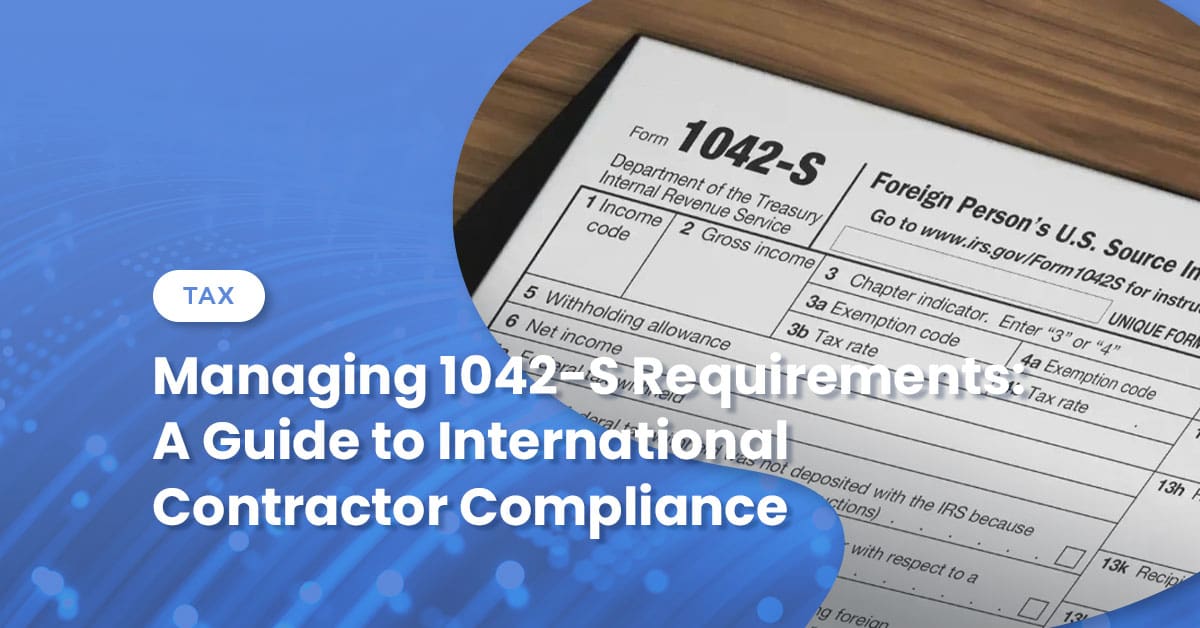By Alexander J. Narcise and Michael Kroll
Under New Jersey’s Payment In Lieu of Taxes (“PILOT”) program (N.J.S.A. 40A:20-1), many distressed areas of the state are seeing a resurgence. The NJ PILOT program allows municipalities to exempt developers from full property taxes for a set period of time when making improvements to existing buildings or creating new projects in areas in need of redevelopment, aiming to encourage commercial, residential, and industrial development. Developers would pay an annual service charge to the municipality instead of the full real estate taxes.
Though there are different factors noted in the statute which describe what is defined as a “redevelopment area,” many towns allow for this or generate situations to make this advantageous for developers or private investors. Once approved, PILOT tax exemptions could last for 30 years (some periods are shorter) from the date of project completion for developments under the Long Term Tax Exemption Law. These exemptions not only save a developer in real estate taxes, but could provide an increase in the fair market value of the property as a result of higher net operating income (“NOI”). For instance, a project may see an NOI savings of approximately $100,000 a year by reason of the New Jersey PILOT program. At a 5% cap rate, this translates into a potential increase of $2 million in the fair market value of the property.
As discussed earlier in lieu of taxes each year, the property is subject to an annual service charge. This service charge is generally calculated based on applying a percentage as defined in the financial agreement against the properties’ annual gross revenue (typically 10% – 15%). It could also be based on a percentage of total project costs. Correspondingly, another calculation that is performed annually is an excess profits calculation, which limits the amount of profits that an entity is able to generate. The calculation takes the yearly gross revenue as defined by the Law less all operating and non-operating expenses–including those related to debt service. In general, profits cannot exceed 12% of total project costs and depreciation is not allowed to be deducted; however, you are allowed to amortize the total project costs over the abatement period. The calculation is also cumulative, so if you have large losses in the first years, you can use these to offset gains in future years as part of the calculation. There haven’t been too many projects in our experience that have hit the excess profits hurdle.
One other item to remember is that as part of the NJ PILOT programs, most towns require an annual audit performed by a licensed CPA. Generally, audits are due 90 days after year end. Also as part of the application process we can assist reviewing the financial agreements up front during the negotiation of agreements to help developers avoid common known mistakes and assist with the putting together the fiscal plan which must be submitted with the financial agreement.
Alexander J. Narcise, CPA, is the partner in charge of the Real Estate & Construction Services Group, specializing in all areas of accounting, audit and tax for family owned real estate businesses. Reach him at [email protected] or 973.994.9400.
Michael Kroll, CPA, is a Director in the Real Estate Services Group, specializing in performing a mix of audits, reviews and compilations as well as providing tax services for his clients. If you would like to speak with Michael, you may reach him at [email protected] or 973.994.9400.

 Previous
Previous






